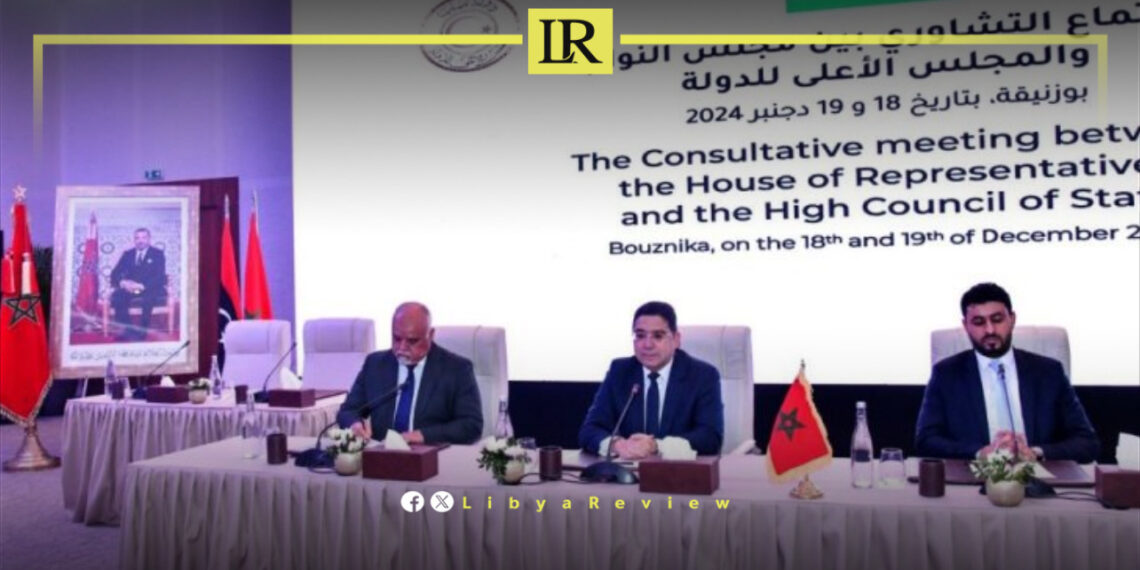Libya remains trapped in political paralysis following the postponement of its general elections at the end of 2021.
The country continues to endure institutional division and economic stagnation as two rival governments vie for control, leaving little progress toward resolving its ongoing crisis. The political scene is further complicated by growing disputes among key actors, making the path to stability increasingly elusive.
A recent United Nations initiative, led by Special Envoy Stephanie Khoury, has renewed hopes of breaking the deadlock. The proposal calls for the formation of an advisory committee to address contentious electoral laws and establish a consensus-based government to pave the way for long-awaited elections. Khoury’s plan emphasizes strict adherence to timelines and principles to ensure the legitimacy and international recognition of any new executive authority.
This initiative has received widespread international support, with France, Germany, Italy, the United Kingdom, and the United States urging Libyan stakeholders to embrace the proposal and avoid unilateral actions. Simultaneously, Libya’s House of Representatives and the High Council of State met in Bouznika, Morocco, to chart a roadmap for the future. The two legislative bodies agreed to form five joint committees tasked with critical responsibilities, including restructuring the executive authority, reviewing sovereign positions, coordinating security measures, and addressing economic disparities.
The discussions also covered efforts to combat corruption, recover smuggled funds, and address money laundering. Both sides committed to delivering comprehensive reports within a month to ensure the swift implementation of these agreements.
Despite these initiatives, skepticism persists. Prime Minister Abdul Hamid Dbaiba has accused the House of Representatives of obstructing progress by rejecting the draft constitution prepared by the elected constitutional committee. Dbaiba has reiterated his government’s readiness to hand over power following elections but called for a clear and actionable roadmap to ensure the transition.
The UN’s proposal has also drawn criticism for its lack of clear mechanisms to form the advisory committee. Critics fear that without transparent criteria, the initiative could repeat the failures of past dialogues, such as the Geneva process, which resulted in the current Government of National Unity (GNU) but failed to bring lasting stability.
Observers remain divided on whether the ongoing initiatives can break the deadlock. While some see them as an opportunity to inject momentum into Libya’s stalled political process, others believe the absence of strong local and international support undermines their effectiveness.
As Libya looks toward 2025, the question of whether a unified executive authority can emerge depends on the willingness of its political factions to cooperate and the ability of international actors to exert effective pressure. With entrenched divisions and competing interests, the road to stability and unity remains fraught with challenges.


